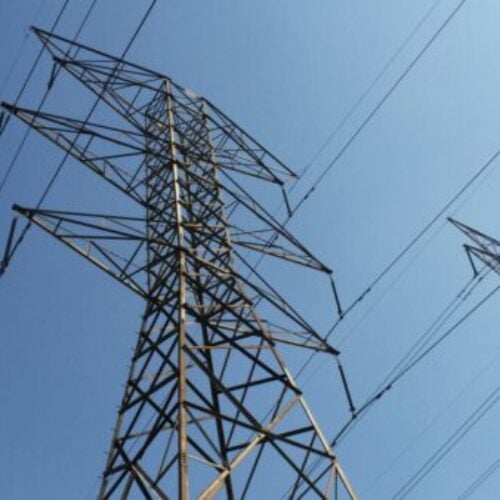The UK’s energy regulator Ofgem has opened a call for input from the public following a review of standing charges for energy bills.
This follows a November 2023 call for public feedback on standing charges for gas and electricity, which received over 30,000 responses; an overwhelming majority of these called for standing charges to be reduced.
The regulator has reviewed this feedback and released a new Options Paper laying out potential ways of changing the standing charge system in the UK energy market. While Ofgem notes that it does not have the power to remove standing charges from energy bills, and notes that standing charges have a role to play in the retail energy market, the Options Paper lays out the case and potential options for change, considering the risks and benefits of each potential approach.
Feedback from consumers
Ofgem states that of the 30,000 people who responded to the first call for input, 90% believed that standing charges are “unfair”, with almost two thirds of respondents calling for them to be abolished. Furthermore, the paper notes that many consumers find standing charges confusing, do not believe they are needed, and believe that they penalise low-income, low-usage customers.
Many consumers also expressed negative feelings towards Ofgem as standing charges continue to rise; the sentiment that Ofgem is more concerned with supporting energy companies’ profits than struggling consumers was noted as a “common theme”.
Ofgem has noted that these negative feelings surrounding the regulator and standing charges could be having a damaging effect, noting that: “The extent of the response indicates that we may have reached the point where this perception of inequity is damaging confidence in the market. This could further impact consumer engagement across the energy system, including for the transition to net zero. Our outcomes are better achieved when consumers have confidence that they are being treated fairly.”
Proposed changes
Ofgem is seeking feedback on several options to reform the standing charge system.
One of these suggestions involves shifting between £20 – £100 of operating costs from the standing charge to a unit rate, meaning that those who use more energy could see their bills rise, while lower-usage households could see a decline in their average costs. According to Ofgem, three of the suppliers who responded to the initial call for responses expressed their support for shifting some of their operating costs from the standing charge to their unit rate. Ofgem also noted that it considered shifting all operating costs from a standing charge to a unit rate, but did not consider this feasible “due to the magnitude of the detriment to low-income customers with inflexible high demand”. Ofgem argues that shifting a portion of operating costs gives households more control over their energy bills by making bills more consumption-driven.
Another proposed reform to standing charges suggests that suppliers should be mandated to offer at least one low- or no-standing-charge tariff to increase competition and offer consumers more choice.
Ofgem noted that “The response to our call for input made it clear that many consumers would like to see greater variation in the standing charges offered by suppliers and, in particular, more tariffs with low or no-standing charges.” But it added that consumer uptake of these kinds of tariff at present is low.
The regulator has also suggested reforms to the standing charge for pre-payment meter (PPM) customers, many of whom find that standing charges take up a large portion of their credit top-up.
A significant number of respondents noted that the buildup of standing charges kept them trapped in energy debt. As such Ofgem has suggested that standing charge debt and arrears should be allowed to be paid off on a longer timescale, allowing PPM customers to apply any top up to immediate consumption, which could help keep vulnerable customers connected to the energy supply in the long term.
Another suggestion to smooth spending for PPM customers suggests that PPM customers could be offered a higher standing charge in the summer and a lower standing charge in winter, balancing the significant difference in costs between seasons.
The call for responses is open until 20 September 2024. Ofgem is seeking feedback on these proposed reforms from household bill payers, energy suppliers and consumer groups.






